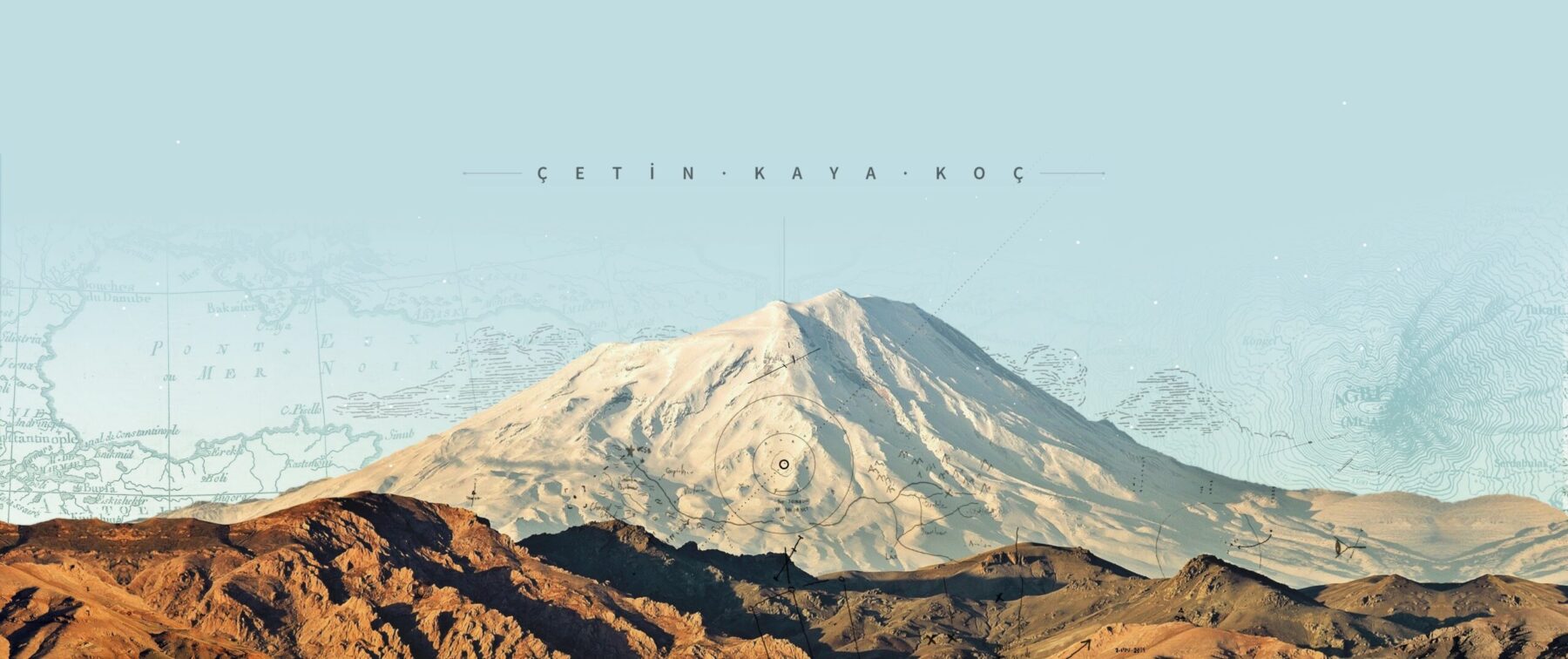Poppy seed strudel and collapse of USSR
In 1989 sometime in August, I returned from my 2-month mandatory Turkish military service to my job at the University of Houston (UH) in Texas. It took me at least a month to re-adjust to my surroundings, even though this was my 2nd year as an assistant professor at the UH. — As a sidenote, my email address at UH was koc@uh.edu, since then I never had a shorter email address. It is probably very hard to beat that! I like such things, perhaps a sign of mild OCD.
At my military service in Burdur, Turkey, I made many friends, several of whom were young professors in the US, just like me. One of these friends was Kemal Güler, who had accepted a position in the Economics Department of the UH prior to coming to Burdur, and was supposed to start in August 1989. We met right there in Burdur, not knowing one another ever before. He had studied economics at Boğaziçi University, and later at Caltech, and apparently, our roads never crossed.
In the winter of 1989 and 3 academic years thereafter, Kemal and I have started meeting for tea in one another’s apartments. He was always well prepared; by the time we got there, the Turkish tea was already brewed, and deserts waiting. He sometimes made flour halva (un helvası) or samolina halva (irmik helvası) for us, both of which I loved.
Kemal discovered a Jewish bakery in South Braeswood Boulevard of Houston, and was amazed about their selections. It was called Three Brothers Bakery. Those were times when there were no search engines or web sites, and useful information flew slowly mouth-to-ear. We learned that three brothers’ family has lived in Poland since 1800s or earlier. Sigmund, his twin brother Sol, and younger brother Max were sent the concentration camps in 1941, when they were only 19 years old. In the Liberation Day of May 8, 1945, they were freed, and eventually found their destination in Houston, Texas. Their story is now in the bakery’s web site.

Kemal’s biggest discovery wasn’t just the bakery with hundreds of selections (most of which we didn’t care for). Kemal discovered something even more amazing: Poppy seed strudel. Many eastern Europeans claim ownership on this amazing pastry: Polish, Hungarian, Slovak, Czech, Austrian, Ukrainian, Belarusian, Bosnian, Croatian, Serbian, Slovenian, Romanian, and Lithunian, Latvian, Russian, Danish, and Yiddish, with slightly different or similar names; slightly different or similar tastes. We absolutely loved it; of course it was important for us that a Jewish bakery was making it, since pork or similar non-kosher things do not enter their kitchen.

What was the subject of our conversations, you may ask. The year was 1989, and our continual subject was, perhaps obviously, the Fall of Berlin Wall in November 9, 1989. But it was more than that. We understood that USSR, the Union of Soviet Socialist Republics, was shaking in its very foundations. The Cold War or in general tit-for-tat wars between western and eastern blocs ended, and the West has won. I could write ten different descriptions of events in those fateful 3 years from 1989 to 1991, but it won’t matter to me now. Kemal and I discussed what mattered to us more: the Turks and Muslims living under USSR were going to claim independence one way or another in the coming years or decades. We spent hundreds of hours drinking hundreds of cups of tea, and eating poppy seed strudel, trying to understand the meaning and implications of the collapse of the Soviet Union.
Those three years changed my political views of the world completely. It was time for me to grow up. From now on, I was not going to believe in lies; I was not going to accept half-truths; and I was going to look closely inside every claim about the political purity and sincerity. The poppy seed strudel and Turkish tea helped me to discover ways to stop political treachery to enter my world.
